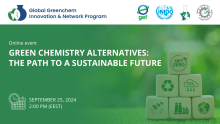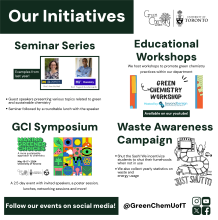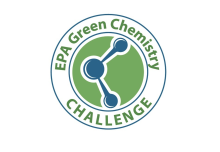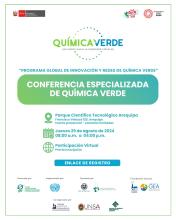Emerald Isle Conference on Sustainable Chemistry and Engineering (EIC 2025)
Emerald Isle Conference on Sustainable Chemistry and Engineering.
EIC 2025
QUB Belfast 9-11th April 2025.
The aim of this international conference is to act as a venue for green chemists, engineers and educators to meet on the Emerald Isle, share best practice and strengthen collaboration, and for global thought leaders to offer insights and shape the future direction of green chemistry and engineering education, research and industrial implementation.







